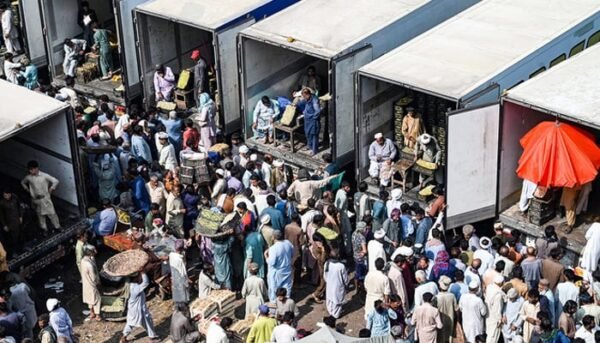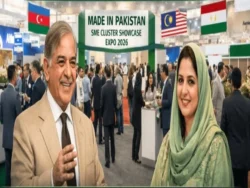Ease of doing business

Iftekhar A khan
19 December 2023
Published in: The News
Pakistan has remained an underdeveloped country despite possessing many natural resources. That is mainly the fault of various governments that have been in power. Politicians came and went but bureaucrats remained entrenched and made policies in the so-called public interest. Quoting the latest World Bank annual report should be enough to reflect upon the performance of the bureaucracy: “Pakistan is ranked 108 among 190 economies in the ease of doing business, according to the latest annual ratings.”
Many business people think state bureaucracy is not streamlined to assist in setting up new businesses and instead creates impediments by its lengthy procedures, rules and regulations. The argument appears justified because the state bureaucracy is simply too big for its size to serve the people, better yet, rule over them. The bureaucracy seems to grow at the rate of the population growth, not in line with state income.
While the judiciary gets the highest in perks, it is the Pakistan Administrative Services – DMG – that has an upper hand and it manipulates to sanction special benefits for itself. The Punjab government decided to buy double cabins and Vigos for DMG officers, which doesn’t sit well compared with the present state of economy.
Does the decision to buy 200 new vehicles worth Rs2.3 billion for bureaucrats mean they were without any reasonable official transport for themselves previously? How sad is it that, while the nation grapples with its grimmest crisis, at a time when every penny should count, billions have been allocated to buy new vehicles for the bureaucrats. If it’s not lack of sensitivity, what else is it?
When the bureaucracy chooses the best for itself, industrial production and related activities continue to suffer. Industries face high gas and electricity prices besides frequently increasing interest rates by the banks. Under these conditions, entrepreneurs consider setting up new industry or expanding the existing one inadvisable since the taxes are high and utility bills are skyrocketing.
Those on the lower rungs in government devise new ways to harass business people. It was with much effort that the Punjab government under Shehbaz Sharif as chief minister ordered to widen the main Multan road from Hudiara Drain to Thokar Niaz Beg. U-turns were provided at appropriate locations on the 11km distance. Recently, the NHA served notices to various industrial and commercial units operating on the road for years to seek its permission for using the road.
The department contends that using the road without permission amounts to violating the Right of Way of the NHA. Now ROW is a contentious issue. Whose ROW is it anyway? The NHA that widened the road with public money or the road users and business owners having factories there.
If we don’t encourage setting up business and industry within our country with ease, our wildly expanding population will have to seek jobs abroad. The likely jobs overseas will surely be of low grades since the candidates will most likely be uneducated if we go by the stats provided by Unesco’s report of 2023 which highlights that “Pakistan has the world’s second-highest number of out-of-school children, with an estimated 22.8 million children aged 5-16 not attending school, representing 44% of the total population in this age group.” This report should act as a curt reminder for the policymakers.
The main question is: why doesn’t Pakistan progress? It’s the duty of the think tanks to introspect over what hampers a country’s progress and growth. Why have other countries with much less resources progressed and we haven’t? It’s painful to note how so many people of all categories want to leave the country in hordes for better prospects abroad.
The present government or the one expected to take the reins after the elections should first exercise population planning, then ensure that no child misses school, and also facilitate setting up new industry with as much ease as possible, and fourth, exercise austerity at the official level. There’s no need for senior cadres to impress their own people.





